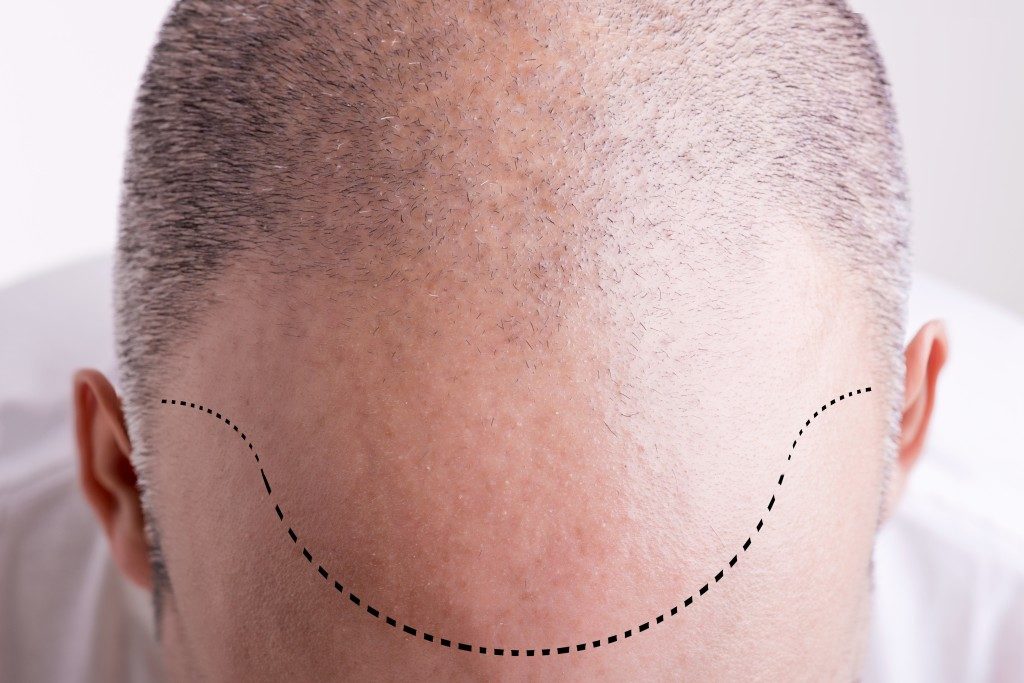Obsessive-compulsive disorder (OCD) is a mental disorder that involves an individual having recurring obsessions or irrational and unwanted ideas, thoughts, sensations, or images, which, in turn, cause compulsions or repetitive rituals and behaviors. While many individuals have lingering thoughts or tend to repeat specific habits or routines, these do not really interfere with their daily tasks and functioning.
On the other hand, individuals with OCD have persistent upsetting thoughts that usually lead to severe anxiety. Failing to engage in their habits or routines could result in severe distress.
Common OCD Symptoms
Individuals who suffer from OCD have their own specific obsessions and compulsions, with one or more of the following being the most common:
- Obsession – Irrational fear of contamination, dirt, and germs / Compulsion – Excessively cleaning or washing yourself and your surroundings
- Obsession – Excessive concern over exactness, symmetry, or order / Compulsion – Arranging or ordering things in an extremely precise manner and making sure that everything looks symmetrical or orderly
- Obsession – Forbidden religious or sexual thoughts / Compulsion – Constantly engaging in religious rituals such as praying or engaging in certain sexual acts
- Obsession – Repeatedly thinking about specific numbers, sounds, or words / Compulsion – Repeatedly saying the same word or phrases or calculating and/or counting to a specific number
- Obsession – Aggressive thoughts about harming others or themselves / Compulsion – Harming others or engaging in self-harm
Other obsessions and compulsions common among OCD patients include the following:
- Hoarding or saving things that do not have a use anymore
- Checking up on certain things like whether the lights or oven are off or the doors are locked
- Repeating specific actions like getting up from or sitting down on a chair or going in an out particular doors
Treatment for OCD

OCD treatment usually involves a combination of anti-anxiety meds and therapy. According to research, however, medications are not that effective in some cases. Cognitive behavioral therapy (CBT), using exposure and response prevention techniques, on the other hand, is the most effective OCD treatment according to studies. Its main goal is to teach patients to reduce and manage their obsessive thoughts and resulting compulsions and anxiety.
For instance, if you cannot leave your home without first checking and rechecking that all doors are locked, your CBT specialist in Westport can work with you to reduce your obsession and compulsion until your anxiety at not engaging in the ritual is significantly reduced or eliminated. Additionally, some individuals find some relief from their OCD-induced anxiety through massage therapy, yoga, meditation, and deep brain stimulation.
OCD is an immensely debilitating and chronic mental disorder that impacts everything in your life. It is not just about being neat and tidy or getting your way. Fortunately, the right combination of therapy and meds can help you control your OCD, even if you experience severe symptoms. Just remember that open communication with your therapist and practicing what you have learned in sessions is very crucial to treatment success. You do not have to live an anxiety-filled life just because you have OCD.







